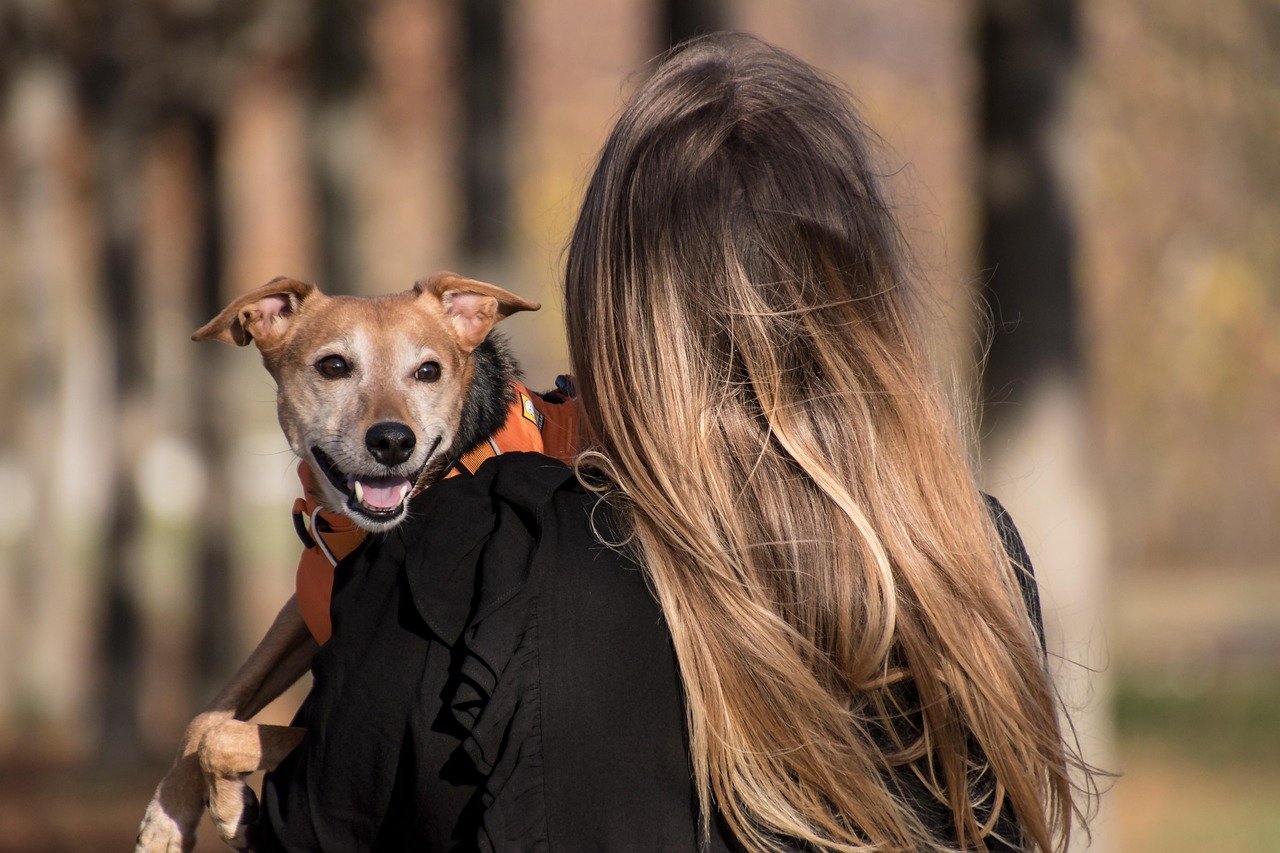Have you ever noticed how some dogs stick to their owners like glue, while others are more independent? This intriguing behavior of “Velcro dogs” can be both endearing and puzzling. Whether it’s following you from room to room or curling up right beside you at every chance, Velcro dogs have a way of making their presence known—and felt. Why do some canine companions shadow their humans, while others prefer their own space? Could it be their breed, upbringing, or perhaps something else entirely? Understanding what drives this behavior not only deepens your bond but also helps you support your pup’s emotional needs in a healthy way. So, let’s unravel what makes these clingy canines tick!
The Definition of a Velcro Dog
A Velcro dog is a term affectionately used to describe dogs that are exceptionally clingy and attached to their owners. These dogs have a strong desire to be near their humans at all times. Whether it’s following you from room to room, resting at your feet, or even sitting on your lap, Velcro dogs thrive on proximity. It’s almost as if they have an invisible leash that keeps them tethered to you. This behavior can be both heartwarming and, occasionally, a bit overwhelming.
Genetic Predisposition
Just as some people are naturally more extroverted or introverted, certain dog breeds are genetically predisposed to be more attached to their humans. Breeds like the Labrador Retriever, Golden Retriever, and Cavalier King Charles Spaniel are known for their affectionate nature. These breeds have been historically bred to work closely with humans, which may explain their inherent clinginess. It’s akin to how some people are naturally more nurturing, these dogs are hardwired to form close bonds.
Early Socialization and Training
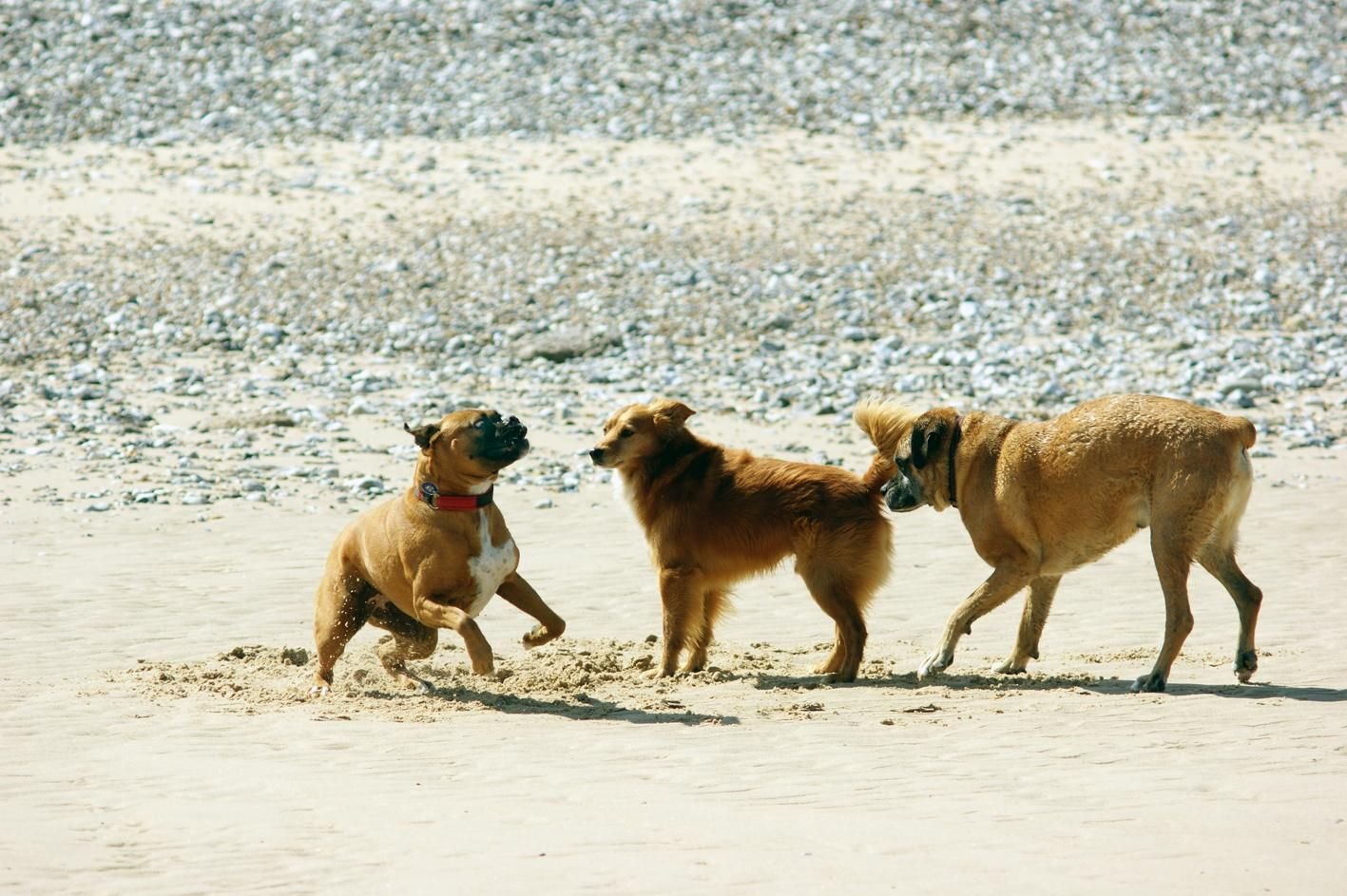
The experiences a dog has during its early months can significantly impact its behavior later in life. Dogs that are well-socialized and exposed to positive interactions with humans during their formative weeks often grow up to be more attached. Training also plays a crucial role. Dogs trained to rely on their owners for guidance and rewards are more likely to become Velcro dogs. It’s like a child who looks to their parents for comfort and direction, forming a strong attachment as a result.
Separation Anxiety
Separation anxiety is a common reason why some dogs become Velcro dogs. Dogs suffering from this condition experience distress when left alone, leading them to cling to their owners when they are present. This behavior is not just about wanting company; it’s a coping mechanism for their anxiety. Imagine a child who is afraid of the dark and clings to their parent for comfort—similarly, these dogs find solace in their owner’s presence.
Health and Well-being
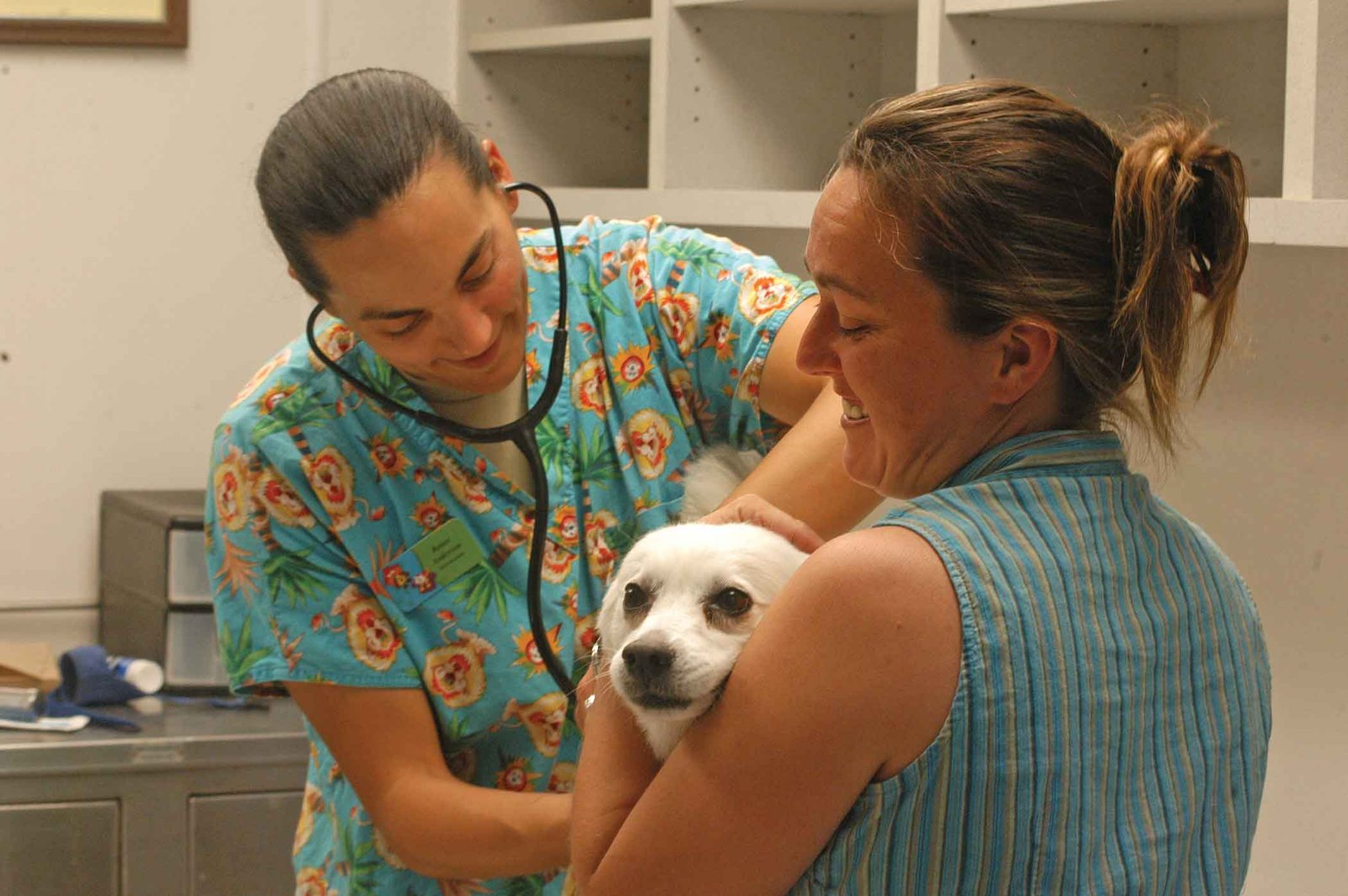
Sometimes, a dog’s clingy behavior can be a sign of underlying health issues. Dogs may become more attached if they are feeling unwell or in pain. It’s their way of seeking comfort and security. Just as humans might seek out loved ones when feeling under the weather, dogs may shadow their owners when they’re not feeling their best. Regular check-ups with a veterinarian can help identify and address any health concerns that might lead to clinginess.
Environmental Changes
Changes in a dog’s environment can also trigger Velcro-like behavior. Moving to a new home, the arrival of a new family member, or even changes in routine can cause a dog to seek out their owner for reassurance. It’s similar to how people might crave familiarity in times of change. Dogs, being creatures of habit, find comfort in the presence of their trusted humans during uncertain times.
Emotional Bonding
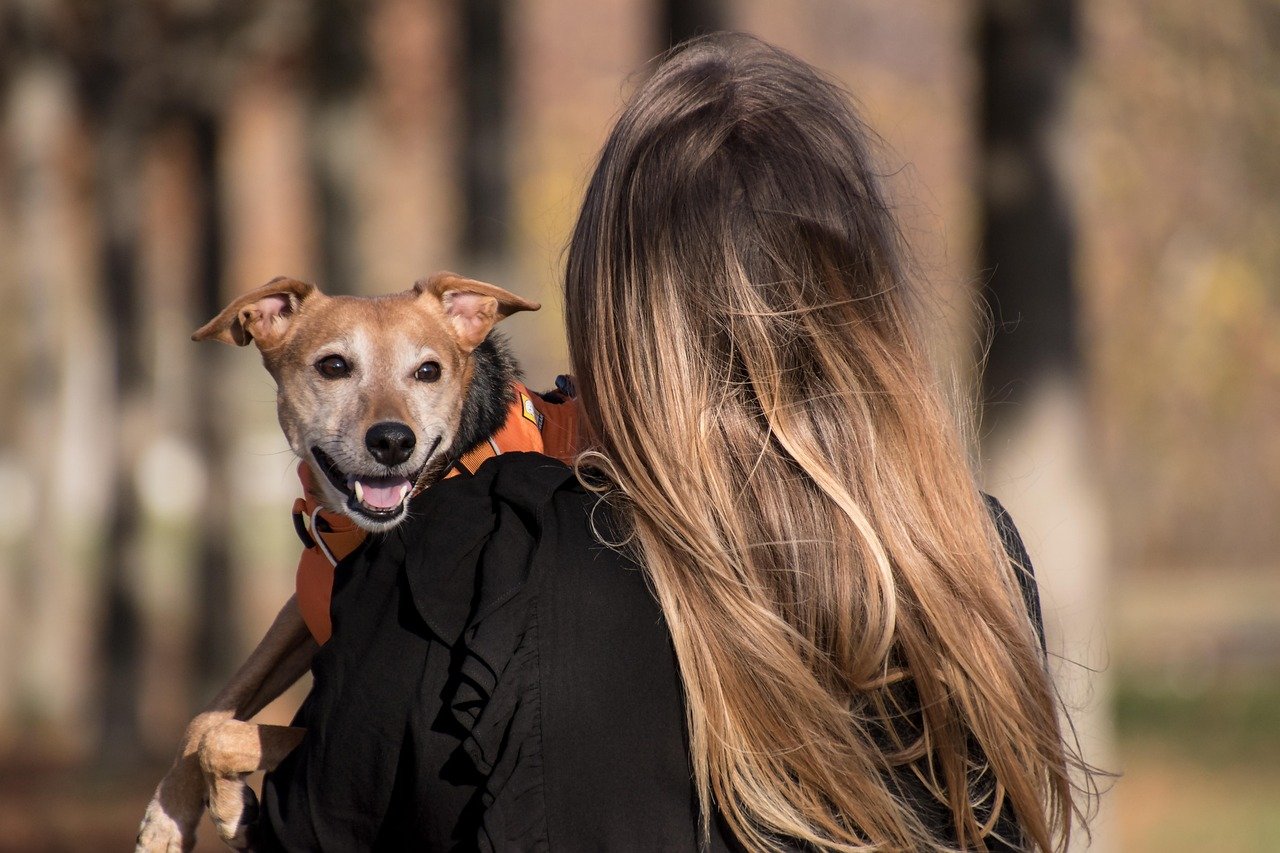
The emotional bond between a dog and its owner is a powerful force that can lead to Velcro-like behavior. Dogs are highly perceptive creatures and can sense their owner’s emotions. When a strong bond is formed, dogs naturally want to be near their owners, providing comfort and support. It’s like having a best friend who’s always there for you, offering a listening ear or a comforting presence.
Individual Personality
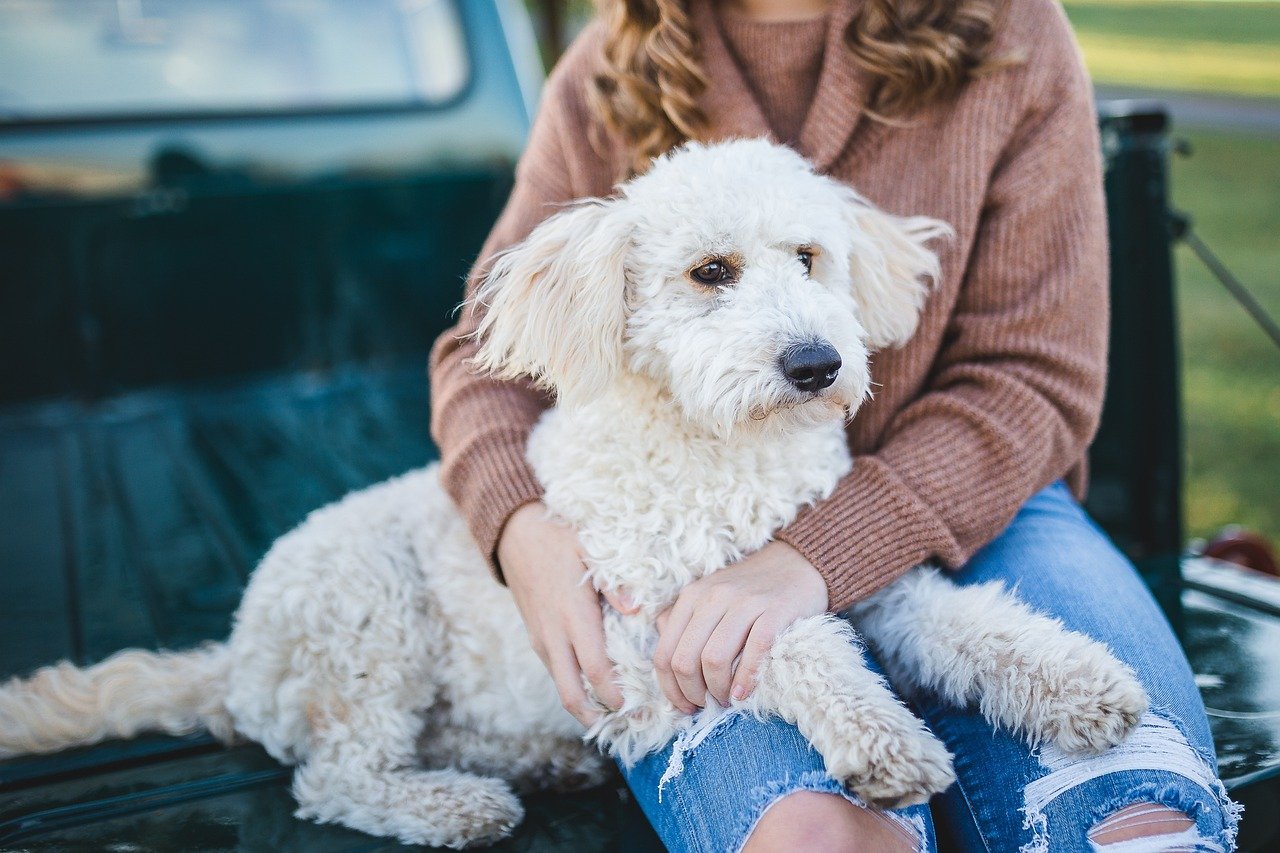
Just as humans have unique personalities, so do dogs. Some dogs are naturally more independent, while others are more social and affectionate. A dog’s individual personality can greatly influence their tendency to become a Velcro dog. It’s like how some people are homebodies while others are social butterflies. Understanding and respecting a dog’s individual personality is key to fostering a healthy relationship.
Owner Behavior
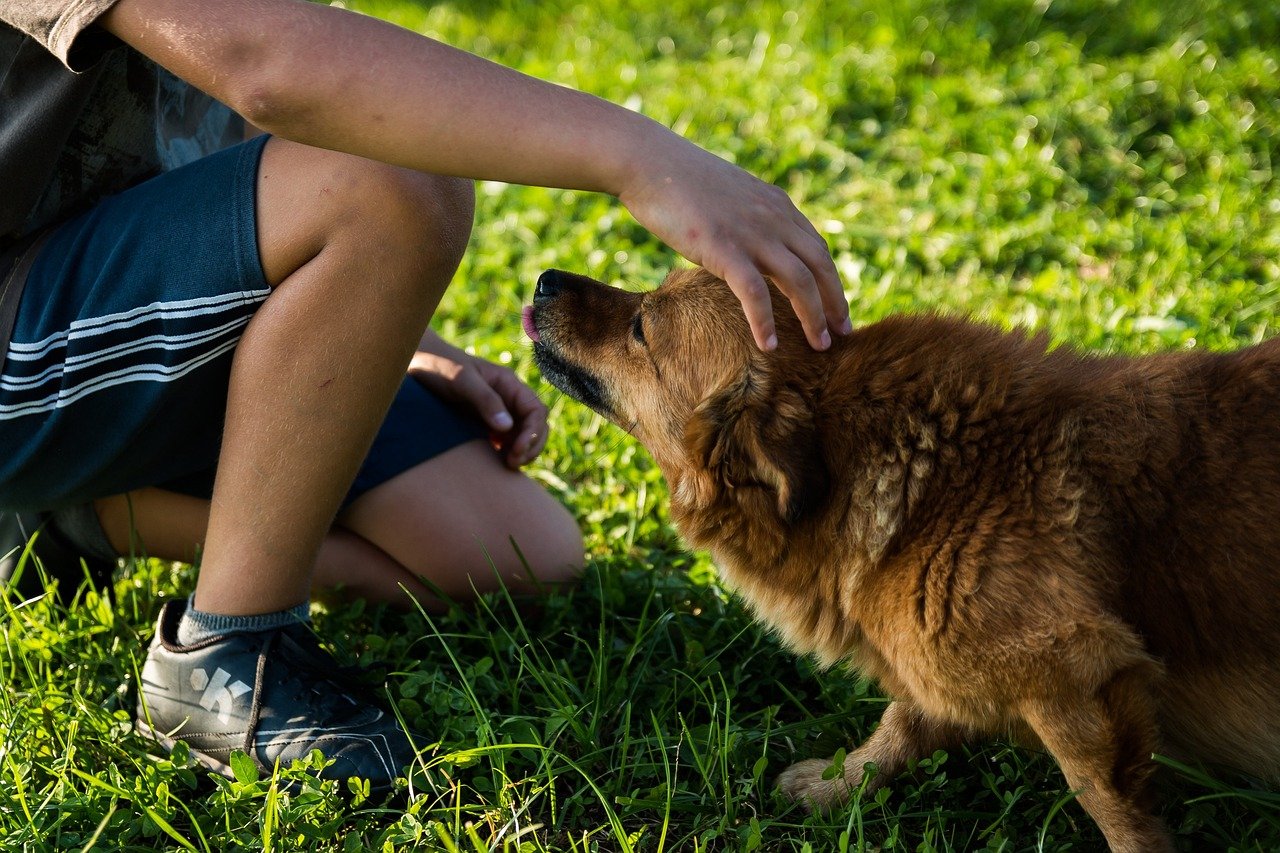
Believe it or not, an owner’s behavior can also influence whether a dog becomes a Velcro dog. Owners who encourage their dogs to follow them everywhere or who frequently give attention and affection may inadvertently reinforce clingy behavior. It’s a bit like how children might seek attention from their parents if they know they’ll receive a positive response. Balancing affection with independence is crucial in maintaining a healthy dynamic.
Conclusion
Understanding why some dogs become Velcro dogs while others don’t is a complex puzzle with many pieces. From genetic predisposition and early socialization to health issues and owner behavior, numerous factors contribute to this behavior. Whether your dog is a Velcro dog or more independent, embracing their unique personality is what makes the bond between you and your furry friend truly special. What kind of bond do you share with your dog?

